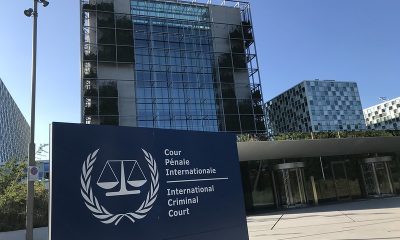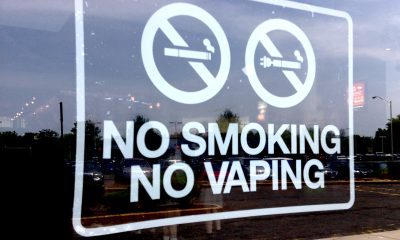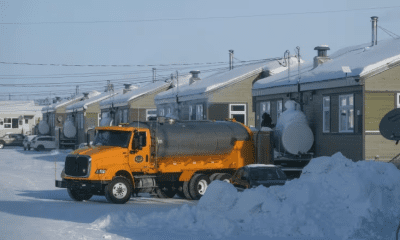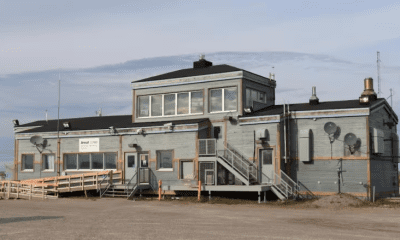Canada News
B.C. college of midwives takes court action to ban use of term ‘death midwife’


The College of Midwives of British Columbia served Pashta MaryMoon and Patricia Keith with a cease and desist letter in June 2016 but is now seeking a permanent injunction through B.C. Supreme Court in an effort to stop them from using a term it says is exclusive to its members. (Photo: College of Midwives of British Columbia website)
VANCOUVER – Two British Columbia women who call themselves death midwives are facing legal action for using a term that the province’s regulator of midwives says applies exclusively to health professionals providing maternity care.
The College of Midwives of British Columbia served Pashta MaryMoon and Patricia Keith with a cease and desist letter in June 2016 but is now seeking a permanent injunction through B.C. Supreme Court in an effort to stop them from using a term it says is exclusive to its members.
It argues the Canadian Integrative Network for Death Education and Alternatives, co-founded by MaryMoon, defies the Health Professions Act by using a reserved title and “harm to the public is presumed from the breach of the law.”
Families who hire her to care for their dying loved ones have never confused her services with the birthing process, MaryMoon said Wednesday.
“There’s really no other word in our culture that people recognize as being a facilitator of a life passage, where it’s the birth passage or the death passage,” she said. “We are basing it on ancient traditions where birth midwives were also the people who took care of the dying.”
MaryMoon said she has spoken with colleagues across Canada and the United States but there’s never been any evidence of confusion about birth and death midwives.
“We keep asking the college, ‘where is the public harm?’ They’ve refused to answer,” she said.
“I have a button that says, ‘Ask me what is a death midwife.’ People in stores or on the street will say, ‘People are at home when they die and you take care of them.’ They get it.”
MaryMoon said she’s not sure if she’ll stop using the term, but added she won’t switch to “death doula” because most people don’t know the limited term applies primarily to someone who’s a birthing coach.
She said her work involves preparing families for death and helping them with a funeral that would take place at home, without the involvement of any institutions.
For several years, she helped a man with dementia by having him listen to music, his lifelong passion, and then cared for him as he was dying while supporting his wife, MaryMoon said.
“When he died we arranged for his body to go to his friend’s house and we did a home funeral there. We washed and dressed and cooled his body there and kept it until it was transported to a crematorium.”
None of the claims have been tested in court and MaryMoon and Keith have not responded to the petition.
Louise Aerts, registrar and executive director of the College of Midwives of B.C., said she could not comment on the matter while it is before the court.
In a statement, she said the college is committed to ensuring that anyone using the term midwife meets its standards of professional practice.
Kris Robinson, chairperson of the Winnipeg-based Midwifery Regulators Council, said she supports the B.C. college’s position because both it and the council have tried to get Pashta and Keith to stop calling themselves “death midwives” before resorting to legal action.
“Although this is a local matter it has national implications because there may be other such practitioners in other jurisdictions who want to use the title as well,” Robinson said.
Kelly Dobin, registrar of the College of Midwives of Ontario, said Indigenous midwives can use the title aboriginal midwife in that province without being a member of the college but anyone else must be registered.
In 2016, the college sent a letter to a woman who called herself a death midwife and she agreed to instead refer to herself as a facilitator providing death and grief counselling, Dobin said.
She disagreed with MaryMoon that “death midwife” does not create confusion among the public, adding that 26 health professions, including doctor, nurse, naturopath and physiotherapist are protected under legislation in Ontario to prevent unqualified people from using them.





















